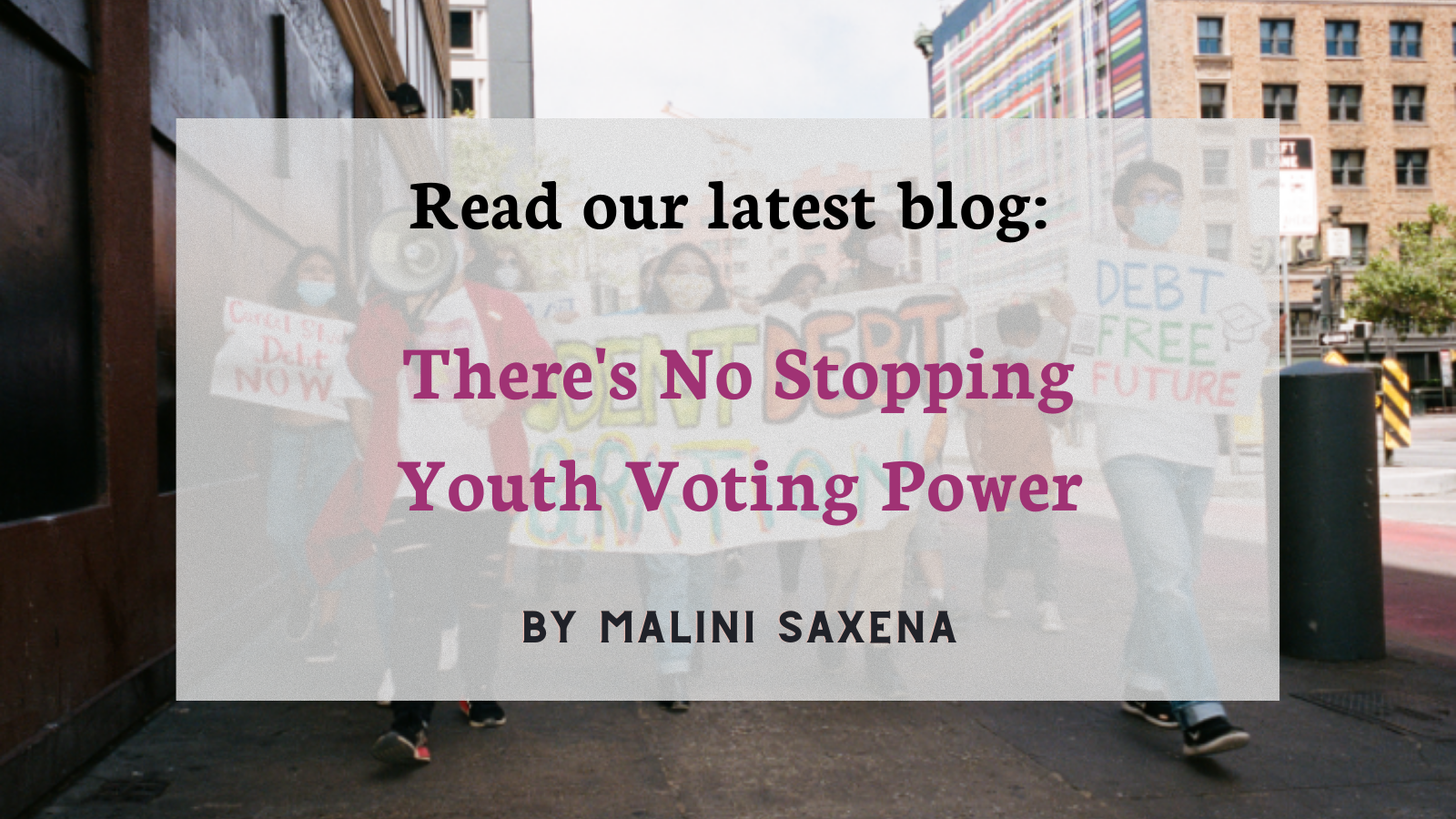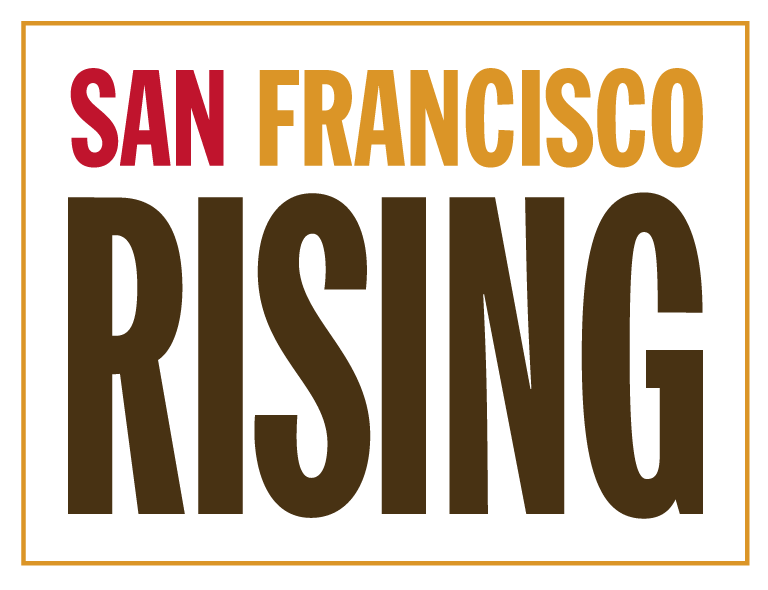By Malini Saxena
Voting is not what I thought it would be. But maybe it can be.
As the election season approaches, I reminisce on my younger self. An optimistic and dynamic kid, ready to grow up and be taken seriously, I loved all the cool, big kid things, and I knew one thing that would make me feel like a real grown up: getting to vote when I turned 18. I remember my fascination with voting during the ‘08 elections; my immigrant parents had recently become citizens so the excitement was all the more. I remember when their ballots came in the mail and the bonding experience of sitting with my parents as they cast their ballots for the first time.
At 8 years old, the only thing I was voting on was what we were doing for rainy day recess, so the outcome seemed pretty fair. Voting simply represented the excitement and anticipation to be heard, to have a voice.
Here I am at 24, laughing at my naivety.
In a world where it seems like young peoples’ ideas are constantly being written off as idealistic and unachievable, voting no longer holds the same spark. What was once a symbol of representation and civic duty, now feels like it doesn’t get us anywhere, not to mention how complicated and daunting it is.
Don’t be mistaken, it’s not that young people don’t want to vote. It’s that we have different values and priorities than the generations before us.
When the people in power don’t represent what we value, it’s natural to be disheartened and feel isolated by our electoral system.
But now is the time for change.
At San Francisco Rising, we work to build political power for underrepresented communities, and we are doing all that we can to educate young voters to be the change that we want in our community.
Truth is, young voters have a harder time accessing election information, making time to vote, and simply even knowing an election is happening. We recognize the barriers young voters face and aim to make election and voting information as accessible as possible because we know the power of voting. Over 40% of young Americans use social media as their primary source of news, so that’s where we’re meeting them. We want young voters to know the power of their vote because their voices matter. And if that means reaching them on Instagram, that’s exactly where we’ll be!
When young people have the information we need to vote, we show up. The proof is in the pudding. Over the past decade, trends have shown that youth voting has increased, with the 2022 midterm elections having the second-highest young voter turnout, and the 2018 midterm elections being the highest. And over the past few years, we’ve seen policies that young people feel passionate about come to the forefront of politics, such as student debt cancellation – a policy that not too long ago was thought of as unattainable. This proves that showing up makes a difference! If we all voted in every election, we could make massive changes for issues like racial justice, ending gun violence, and protecting reproductive rights.
But if we don’t represent ourselves, how can we expect those going into power to represent us?
Unfortunately, the days of rainy-day recess decisions are over, and the stakes are much higher now. It’s up to us to recognize the power in our vote and bring back that spark that it once had when we became registered voters for the first time. It’s up to us to fight for the change we want. Because if we don’t, the only people who benefit are large corporations, billionaires, planet polluters, and white supremacists.
And we’ve got to do more than just vote ourselves. We must do our part in educating our communities. As the primary election approaches, on March 5th, 2024, we need to talk to our friends and family about the importance of their vote.
As a big kid now, I see the potential our generation carries and I hope that we can revive the excitement our younger selves had. We owe it to the little kids we once were and future generations.



